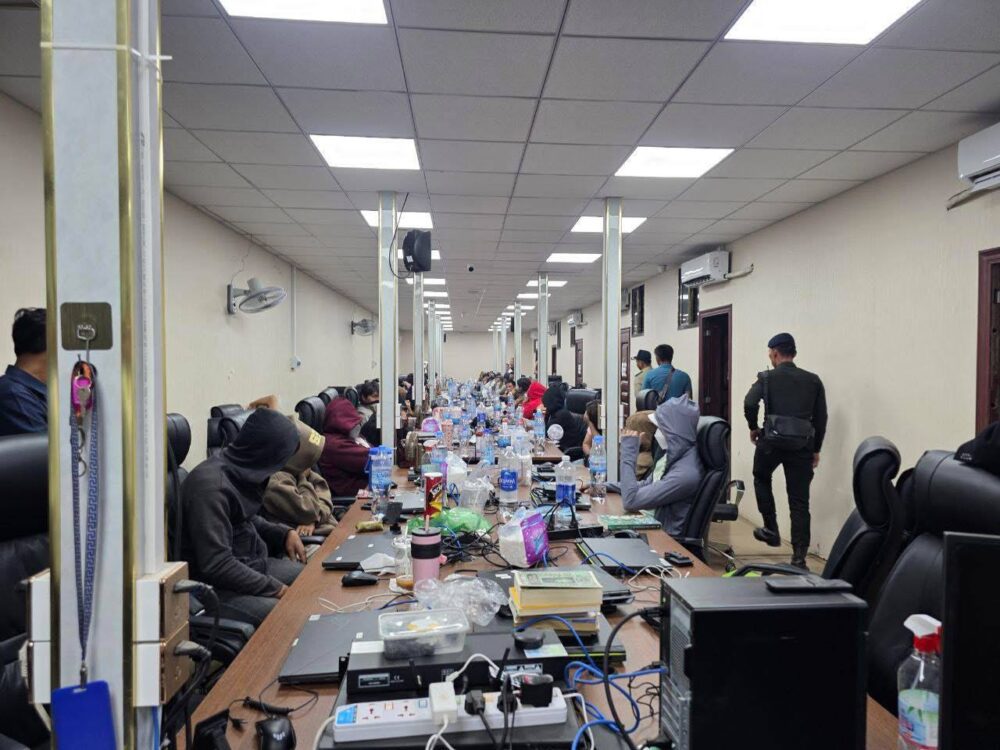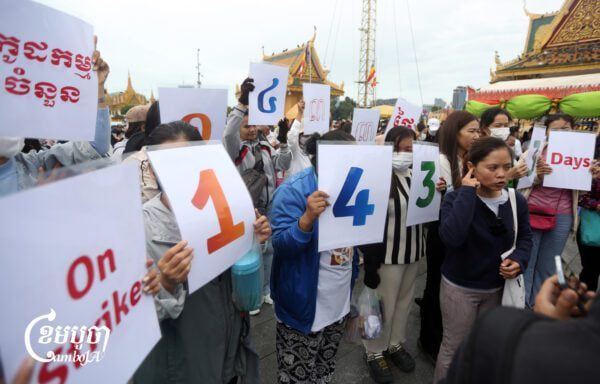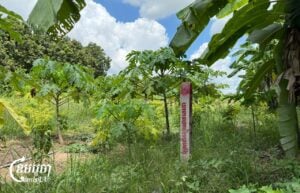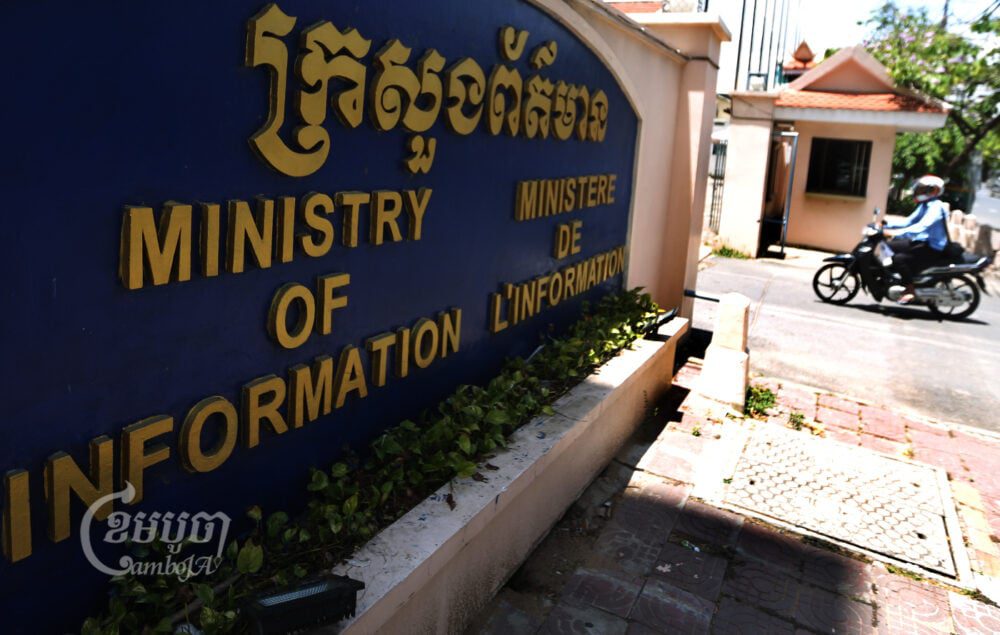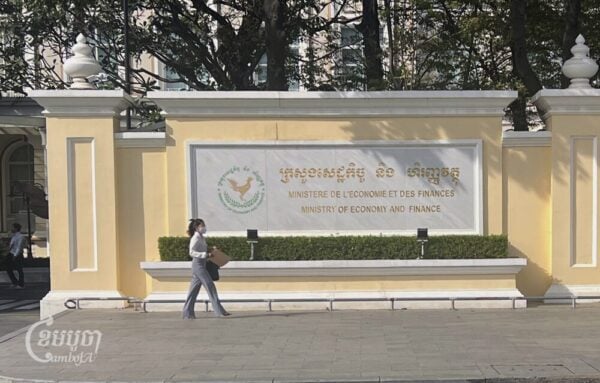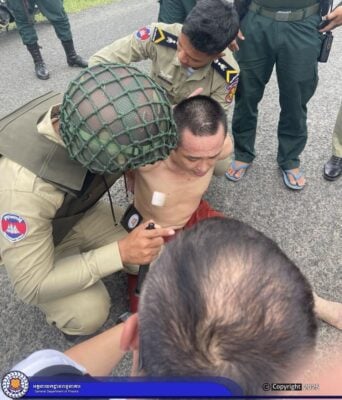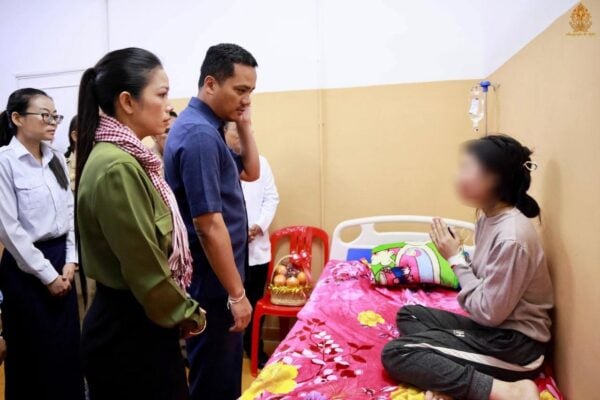Listen to the audio version of this article (generated by AI).
Cambodia ranked among the world’s worst countries for organized crime and its weak ability to fight it, according to the 2025 Global Organized Crime Index released on Monday.
The index, developed by the Global Initiative Against Transnational Organized Crime (GI-TOC), a network of experts working to curb organized crime worldwide, assesses all 193 U.N. member states on issues such as human and drug trafficking, cyber and environmental crimes, and their capacity to counter them through governance, law enforcement and international cooperation.
Now in its third edition, the index draws on five years of data, expert-led assessments and a five-stage verification process for both criminality and resilience indicators.
It found that long-standing trends persist globally, including the spread of drug trafficking, human exploitation and financial crime, but these are becoming more complex as they intersect with shifts in geopolitics, technology, environmental stress and conflict.
For Cambodia, which ranked among the top 20 countries for criminality, criminal markets and criminal actor scores, the spread of transnational online scam networks and the illicit industry’s convergence with other crimes remains a marquee concern and continues to draw international scrutiny.
“Cyber scam operations exemplify a convergence of various forms of transnational organized crime on a large scale, including human trafficking, cybercrime, corruption, money laundering and fraud,” said Walter Kemp, GI-TOC’s director of communications.
“This means they are not captured in only one criminal market indicator in the Global Organized Crime Index, but many.”
Cambodia scored highly in several of these indicators, including human trafficking, cybercrime and financial crimes, some of which remained at or near 8.5 out of 10 since the previous 2023 index. Cambodia also scored high in the synthetic drug trade and fauna crimes, reflecting weak enforcement in wildlife trafficking and cross-border smuggling of animal products.
Following increased international pressure this year and sanctions on politically connected actors running alleged online scam networks, Phnom Penh expanded nationwide crackdowns on scam rings. Observers have criticized the efforts as nominal and failing to target elites linked to the illicit industry.
The global criminality score is 5.08, which Cambodia and all of its regional neighbors including Myanmar, Laos, Thailand and Vietnam surpassed. The global resilience score is 4.78, well above Cambodia’s 3.46, making it the third worst in the region behind Laos and Myanmar.
GI-TOC describes resilience as a measure of how well states have established legal, political and strategic frameworks to address organized crime. This is assessed through 12 “building blocks of resilience,” ranging from political leadership and governance to anti-money laundering measures and victim and witness support.
“The ultimate purpose of the index is to help identify and implement practical measures to successfully combat organized crime,” the group said in its methodology notes.
Kemp also noted that corruption and political protection are key drivers and enablers of the criminal industries tracked in the report.
“While the OC index does not measure corruption directly, the closest proxy is state-embedded actors. And state-embedded actors were found to be the most prevalent criminal actors in Cambodia, according to the OC index,” he said. “The problem is growing in other countries as well.”
Government spokesperson Pen Bona did not immediately respond to a request for comment on the index.
While GI-TOC does not provide direct solutions, Kemp highlighted the importance of a foundation of good governance and the rule of law.
“Leadership and political will are vital. But these alone are not sufficient to fully address the organized crime phenomenon,” he said. “It is vital to engage civil society and the private sector, have a free media, and of course have a good criminal justice system.”
(Additional reporting by Khuon Narim)

